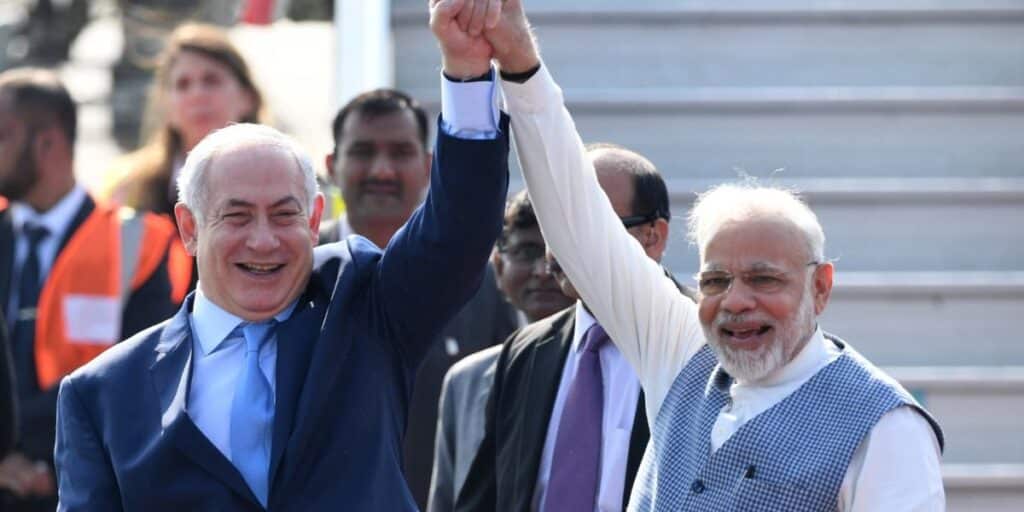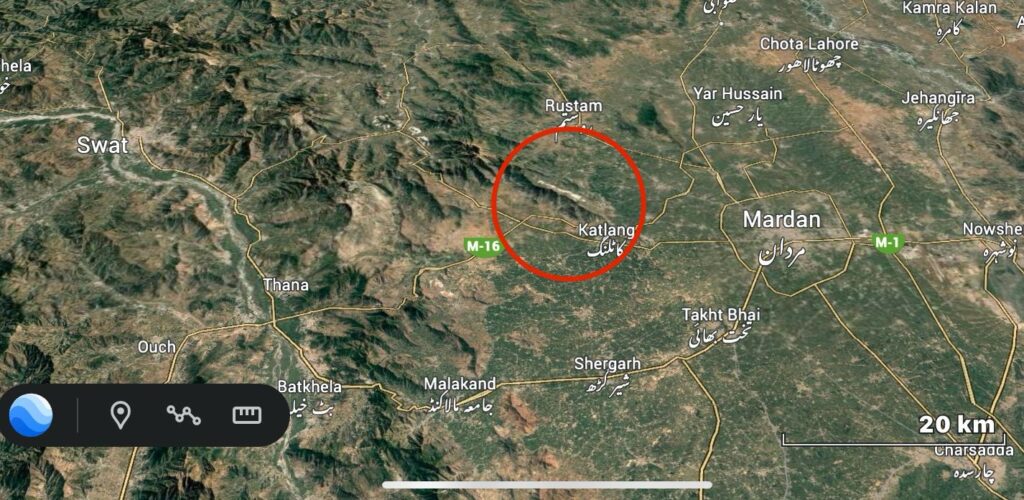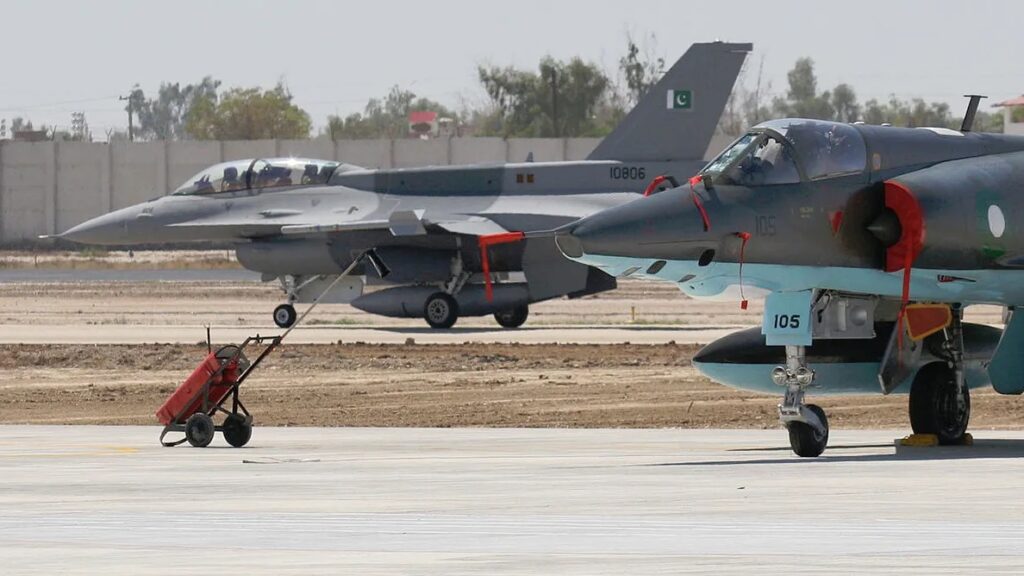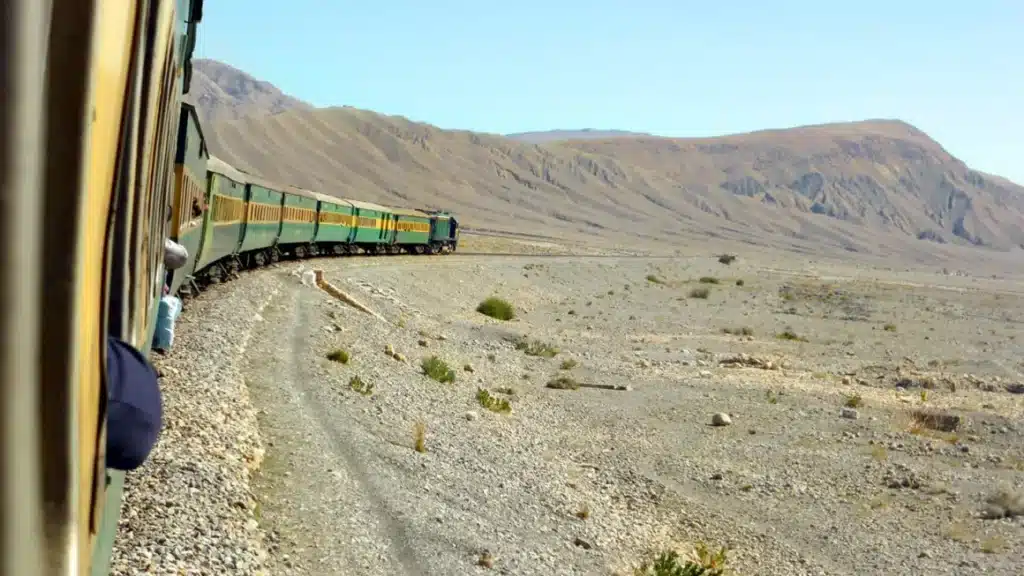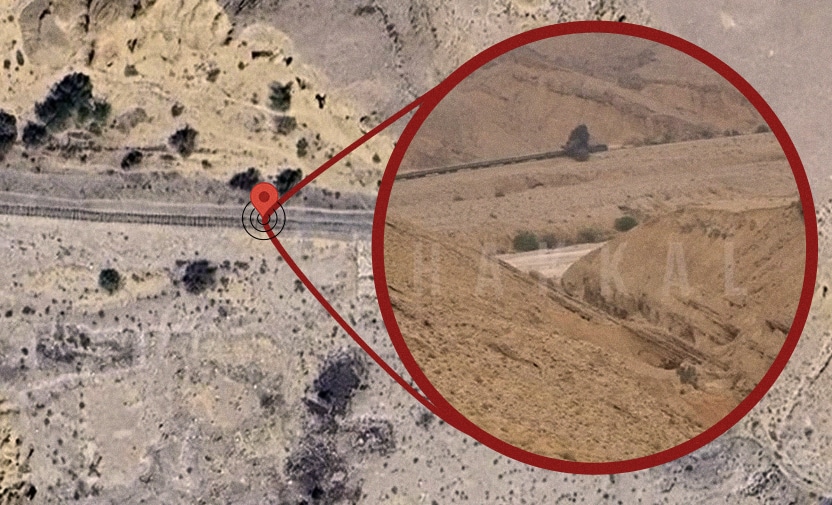ْISLAMABAD: India has reacted furiously to General Asim Munir’s recent visit to the United States and his meeting with former President Donald Trump, particularly due to the mention of Indian-backed terrorist groups operating along the Iranian and Pakistani borders.
Indian media was notably disturbed by the warm welcome given to the Pakistani Army Chief, including a luncheon hosted by the former U.S. President.
Following the meeting, Indian outlets such as Republic TV began aggressive propaganda against Pakistan, using the context of the Iran-Israel conflict to further malign Pakistan.
India is particularly outraged because General Munir, along with Pakistani diplomatic delegations visiting the U.S. and Europe, openly exposed India’s involvement in sponsoring terrorism in Balochistan.
These revelations have had global consequences, as the international community is increasingly recognizing India’s role in destabilizing Balochistan and sponsoring terror networks in Canada and other nations.
In retaliation, India is now attempting to sabotage Pakistan-Iran relations by collaborating with Israel.
Given India’s close military ties with Israel—including being its largest arms buyer—its role in Israeli strikes targeting Iranian military leadership and defense infrastructure is highly suspect.
India, through its embassies in Tehran and Tel Aviv, is believed to have exchanged intelligence during the Iran-Israel conflict.
Strengthening its proxies in Iran and Balochistan, India aims to pave the way for Israeli interests in the region.
Thousands of Indian nationals reside in Iran, and Indian intelligence agency RAW has a documented history of working with Iranian elements to create unrest in Balochistan, destabilizing Pakistan.
India’s future plans, in alliance with Israel, reportedly include establishing stronger terrorist bases near the Iran-Pakistan border.
ALSO READ: India backstabbed Iran to support Israel in War
It is now up to Iran to recognize the true face of these so-called allies and reassess its strategic partnerships.

